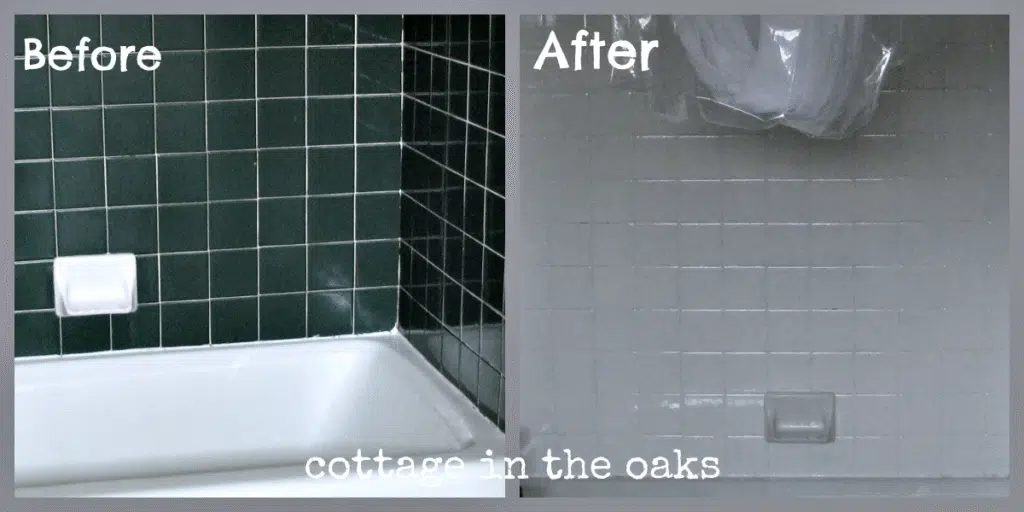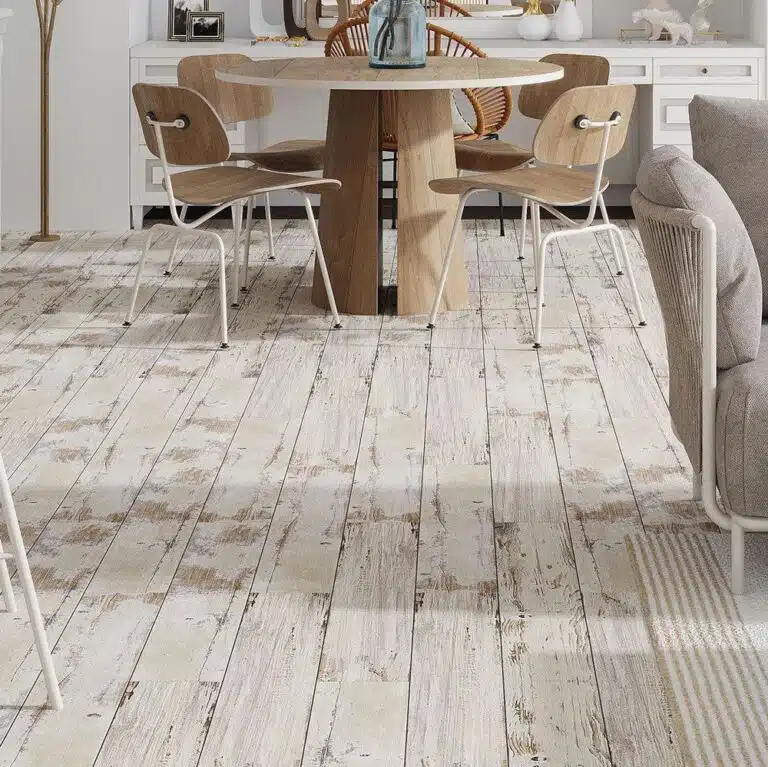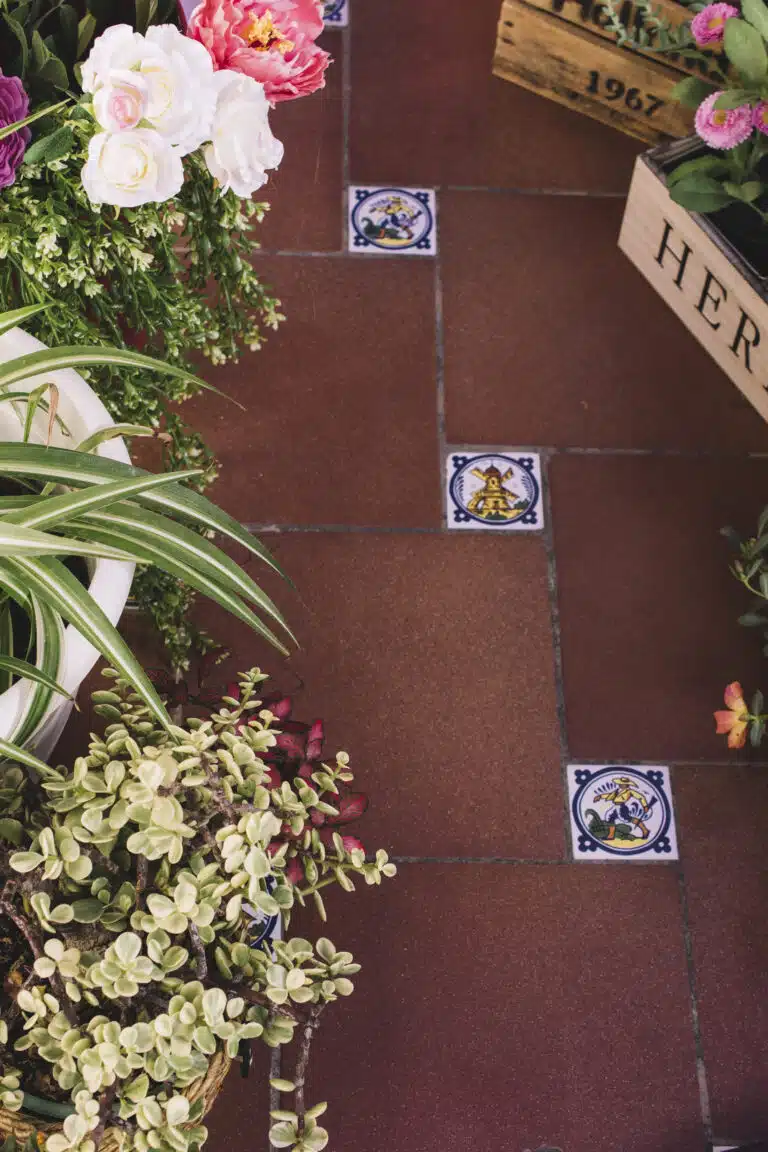Mon – Fri 8:30am to 5:00pm
When renovating part of your home, one of the biggest challenges is matching new tiles with old ones. Over the years, tiles can be discontinued, colors fade slightly, or batches vary in shade. The good news is, you don’t always have to rip out everything and start fresh. With the right approach, you can blend old and new tiles seamlessly.
What Makes a Tile Truly Slip-Resistant in Melbourne’s Climate?
Melbourne weather is famously unpredictable—wet mornings, sunny afternoons, and sudden chills in the evening. That’s why kitchens, bathrooms, patios, and pool areas all need reliable grip.
Direct answer: Always choose tiles with an R11 or higher slip rating (or P4/P5 under Australian Standard AS 4586).
Why this matters:
- Wet conditions: safer movement in bathrooms, patios, and pool surrounds.
- Temperature changes: textured tiles dry faster, reducing hazards.
- Indoor–outdoor living: slip-resistant tiles flow seamlessly between spaces.
Pro Tip: For Melbourne patios, stick with R11+ porcelain tiles. For indoor wet zones like bathrooms, check for a P4/P5 safety classification.
Not all tiles perform the same in Victoria’s climate. Here are the top choices in 2025:
1. Textured Porcelain Tiles (R11+)
- Durable, non-porous, and water-resistant.
- Available in timber, stone, and concrete looks.
- Low maintenance and ideal for both bathrooms and patios.
2. Natural Stone with Anti-Slip Finishes
- Adds a premium, earthy character.
- Needs sealing for protection against moisture.
- Perfect for alfresco areas and pool surrounds.
3. Glazed Terracotta Tiles
- Classic Aussie style with warm tones.
- Slip-safe when treated with anti-slip glaze.
- Great for entryways, kitchens, and courtyards.
Quick Comparison Table
| Tile Type | Slip Rating | Best For | Maintenance Tips |
|---|---|---|---|
| Porcelain (textured) | R11+ | Patios, bathrooms | Wipe regularly; reseal grout yearly |
| Natural stone (chiseled) | P4 / P5 | Alfresco, pool surrounds | Seal every 6–12 months; sweep debris |
| Glazed terracotta | R11 | Kitchens, entryways | Reseal every 2–3 years |
Buying the right tile is only half the job—proper maintenance keeps them safe and looking great.
Direct answer: Regular cleaning and correct sealing = long-lasting slip resistance.
- Sweep weekly to stop dirt from reducing grip.
- Mop with mild cleaners (avoid waxy products).
- Reseal natural stone and terracotta every 1–3 years.
- Pressure-wash outdoor porcelain to remove moss or mould.
Pro Tip: In wetter suburbs like Dandenong, check grout and sealant more often to prevent water damage.
Can Slip-Resistant Tiles Boost Your Home’s Value in VIC?

Yes. Homebuyers and renters value flooring that’s both stylish and safe. Choosing modern non-slip tiles can:
- Increase appeal in property listings.
- Reduce liability concerns for rentals and Airbnbs.
- Add long-term durability, lowering maintenance costs.
- Callout: Renovating to sell? Neutral-toned porcelain non-slip tiles attract the widest market.
Final Word
Slip-resistant tiles in Melbourne aren’t just about safety—they’re about peace of mind, durability, and design. By choosing textured porcelain, natural stone, or glazed terracotta, you’ll enjoy a seamless indoor–outdoor flow that keeps your family safe all year round.
👉 Need expert tiling advice in Melbourne?
Contact ABW Trade—we supply and install high-quality tiles across Dandenong, Endeavour Hills, and the wider VIC region.
FAQs: About Slip-Resistant Tiles in Melbourne
Q1: What slip rating should I look for in Melbourne?
For outdoor areas, choose R11+ or P4/P5. For bathrooms, P4/P5 is best under AS 4586.
Q2: Are slip-resistant tiles harder to clean?
Not necessarily. Textured porcelain is easy to maintain, while natural stone and terracotta need sealing for best results.
Q3: Can non-slip tiles be used indoors and outdoors?
Yes. Many homeowners now prefer using the same tile indoors and outdoors for a seamless look—just make sure the slip rating suits the space.
Q4: Do slip-resistant tiles cost more?
Porcelain options are affordable, while natural stone and terracotta are higher-end but add long-term value.
Q5: How often should I reseal non-slip tiles?
Porcelain: reseal grout yearly.
Natural stone: seal every 6–12 months.
Terracotta: reseal every 2–3 years.




